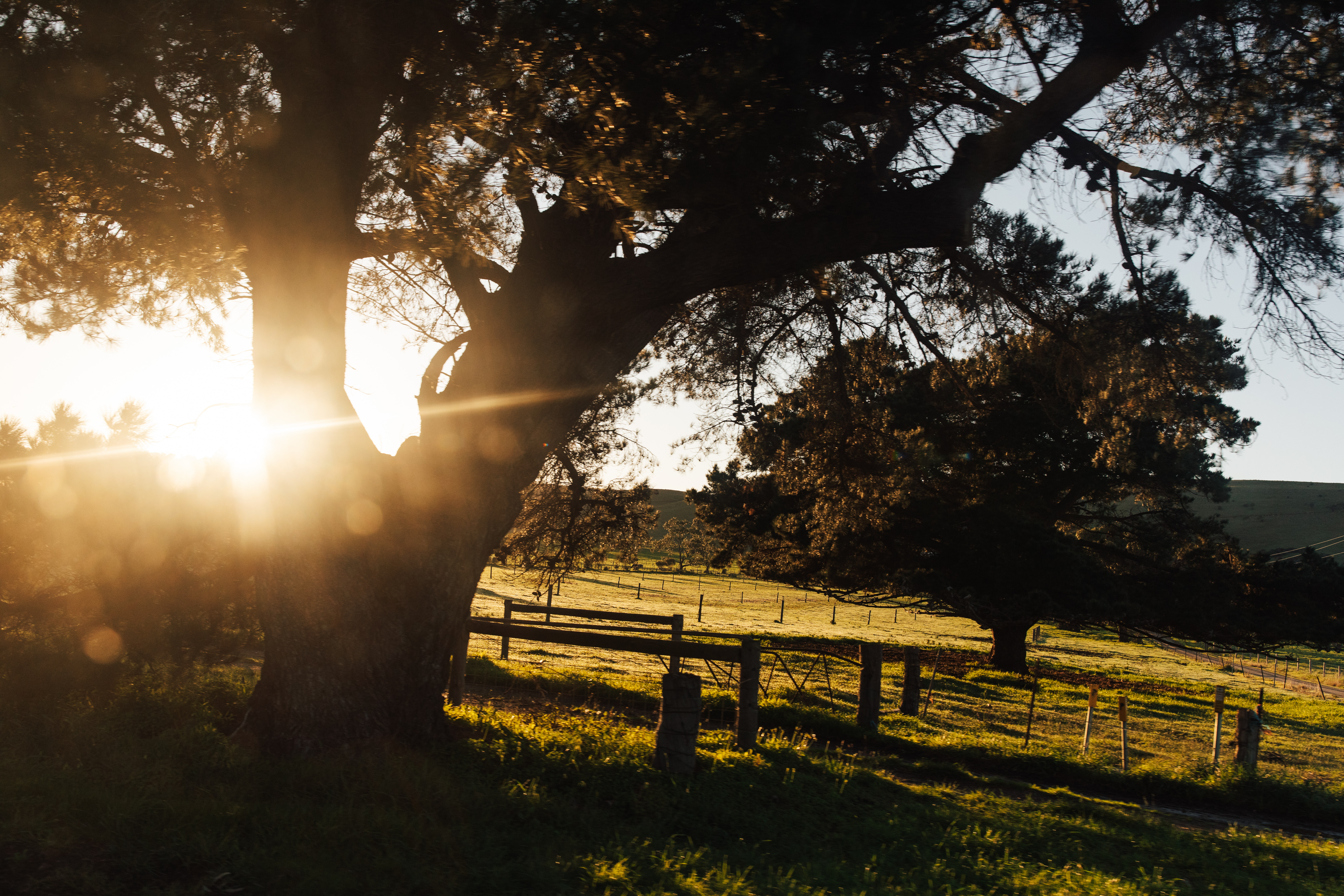
Greater access to interstate hay a small win for SA producers
Livestock SA has welcomed the South Australian Government’s decision to allow hay to be accessed from parts of Western Australia. Consignments will be assessed on a case-by-case basis and subject to certain conditions.
The agreement follows ongoing discussions between Livestock SA and the Department of Primary Industries and Regions (PIRSA) about biosecurity restrictions that have prevented hay from WA being brought into South Australia due to the presence of green snail.
The PIRSA website (link HERE) has now been updated with the revised WA green snail zones (link to map here) and covers the requirements for commercial hay imports including the biosecurity risk zones for green snail in WA and Victoria, and Red Imported Fire Ant (RIFA) in New South Wales and Queensland.
Livestock SA CEO Travis Tobin thanked the state government for working quickly with Livestock SA to address this issue and said the decision was a positive step for producers struggling to source available and affordable feed.
“We know the competition and cost of sourcing fodder is increasing by the week, so it is important that we provide producers with as many options as possible to help them keep animals fed, particularly key breeding stock,” Mr Tobin said.
“We also understand the importance of maintaining strong biosecurity, which is why experts have been involved to ensure it wasn’t compromised by opening up the low-risk areas of WA.”
Mr Tobin also said that Livestock SA was continuing its efforts to convince the government that a freight support program is urgently needed.
“The argument that freight subsidies distort the market no longer stands as government funded activities for flood relief in Queensland and New South Wales have already had that effect.”
“Drought impacted livestock producers in our state must be able to compete for interstate fodder on level terms.”
“A freight support program needs to include:
- Subsidies for transporting stock to and from agistment; transport stock to sale or slaughter; transport fodder or water to stock on drought affected properties.
- Emergency permits made available to enable road trains on key freight routes to reduce costs.
- Vehicle registration concessions for primary producers using their own trucks and trailers.”
ENDS
Media Contact:
Hannah Trevilyan
Communications and Membership Manager
Livestock SA
08 8297 2299